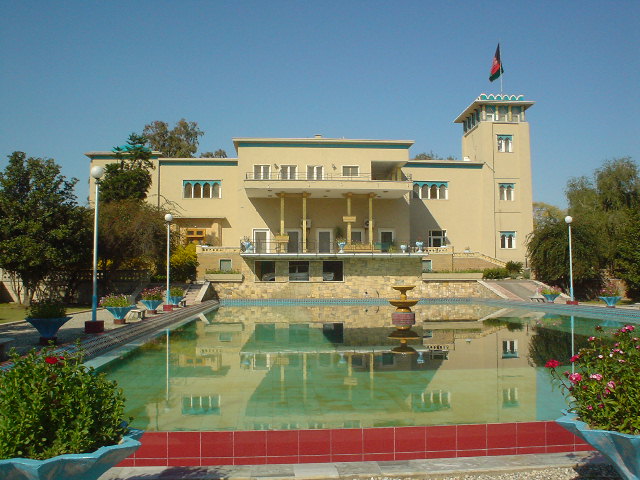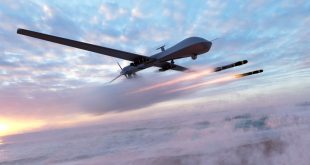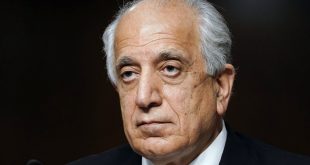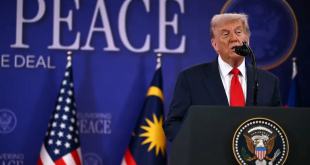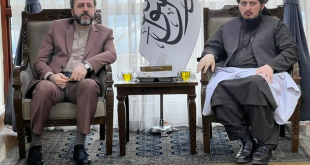AT-JALALABAD: Community leaders must coordinate their efforts to protect and provide support to civilians affected by the ongoing conflict, said participants during a UN-backed symposium on human rights in the eastern province of Nangarhar on Wednesday.
Organized by UNAMA’s regional office in Jalalabad, the event drew government officials, civil society representatives and human rights activists for the purpose of exchanging ideas on the fundamental issues related to the protection of civilians in the armed conflict.
Community leader Abdul Wahid, one of the participants speaking at the Jalalabad event, said his district has been severely affected by the conflict, leaving many families disconnected from essential government services and employment opportunities.
Another participant, Mirwais Jabarkhel, shared similar experiences. “In our district, the conflict has disrupted normal life and caused the closure or relocation of schools,” he said. “A girls’ school was recently moved to a mosque, but the space isn’t large enough to accommodate all the students.”
UNAMA’s latest published findings indicate that Nangarhar, in comparison to Afghanistan’s other provinces, had the highest number of civilian casualties in the first nine months of 2018, more than double the number recorded during the same period in 2017.
Between 1 January to 30 September 2018, UNAMA documented 8,050 civilian casualties, with Nangarhar, Kabul, Helmand, Ghazni and Faryab being the provinces most impacted by the conflict.
Participants at the Jalalabad event, while noting that the province’s human rights challenges remain daunting as a result of the fragile security environment, recommended increased collaboration between communities and government offices, and jointly resolved to carry the discussion forward among their respective districts in future events and engagements.
For her part, Deputy Governor Habiba Kakar expressed her commitment to advancing the recommendations made by the participants, including passing on key messages about human rights to local leaders in a bid to raise awareness about the importance of protecting and supporting civilians affected by the conflict.
The event, which was later broadcast by RTA to an audience estimated at 300,000 people in and around Jalalabad, is one of many other similar programmes, activities and initiatives resulting from UNAMA reaching out to a range of groups across the country to create spaces, both physical and on social media, for them to come together and discuss issues that are of critical importance to them, and to strategize on the best way forward.
In accordance with its mandate as a political mission, UNAMA supports the Afghan people and government to achieve peace and stability. UNAMA backs conflict prevention and resolution, promoting inclusion and social cohesion, as well as strengthening regional cooperation. The Mission supports effective governance, promoting national ownership and accountable institutions that are built on respect for human rights.
UNAMA provides ‘good offices’ and other key services, including diplomatic steps that draw on the organization’s independence, impartiality and integrity to prevent disputes from arising, escalating or spreading. The Mission coordinates international support for Afghan development and humanitarian priorities.
 Afghanistan Times Latest News and Analysis from Afghanistan and the Region
Afghanistan Times Latest News and Analysis from Afghanistan and the Region
